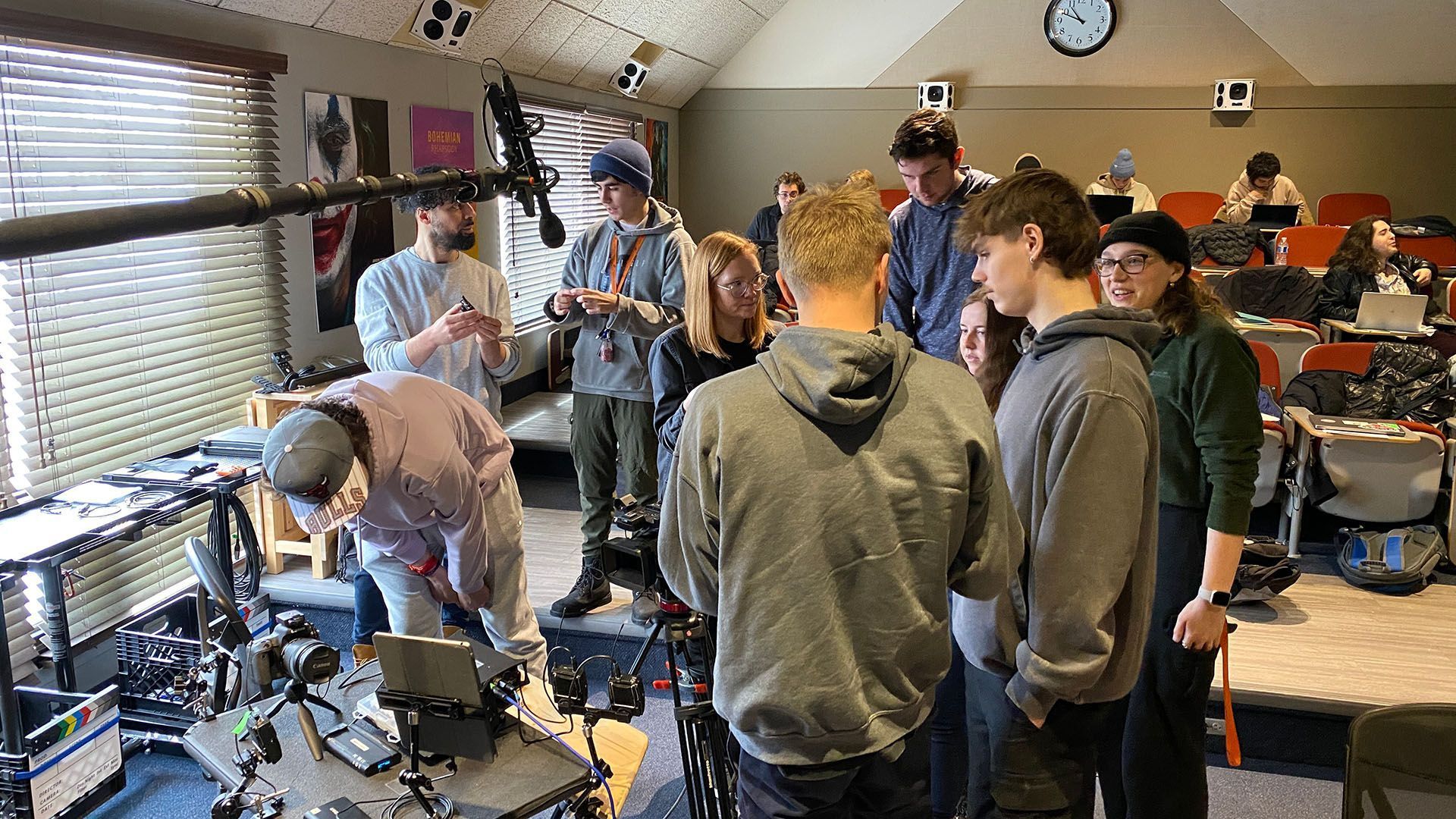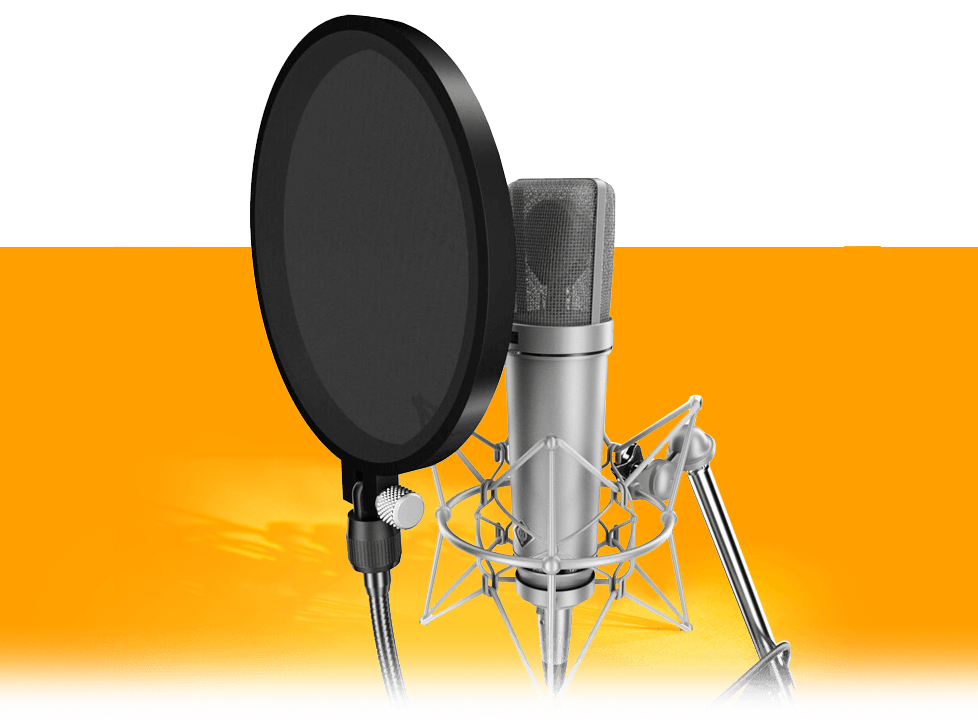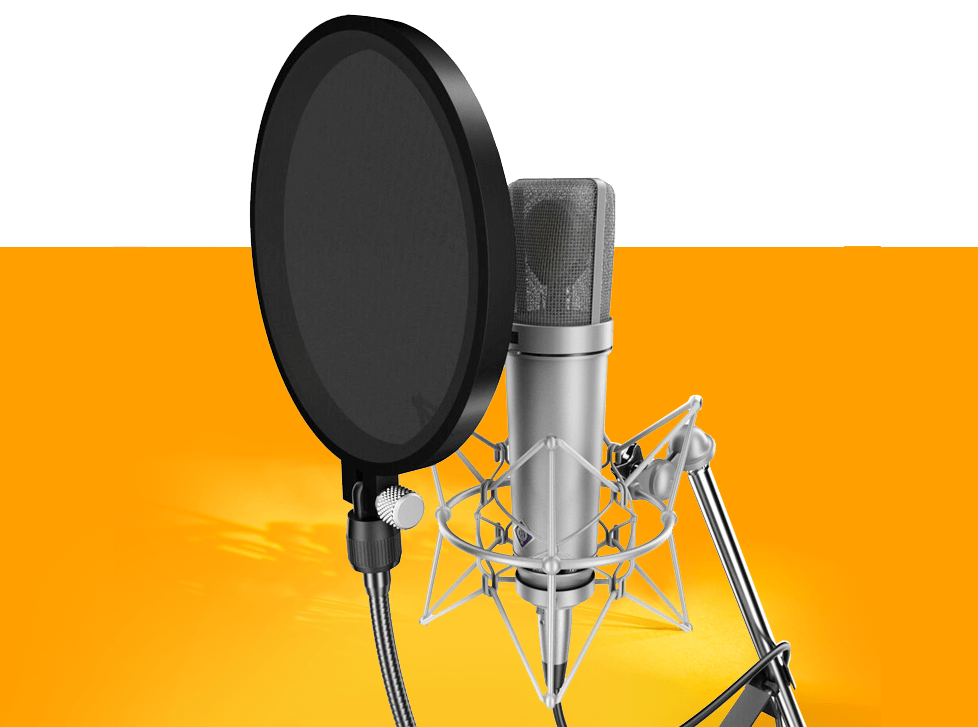How to Become a Video Game Audio Engineer / Sound Designer
Jeremy Alves | June 8, 2023
Video games are a multi-billion dollar industry with a competitive yet fulfilling landscape. Game designers and developers are often in the spotlight when it comes to working in the industry — but there’s a constant need for experts who know how to work with audio.
Audio engineers and sound designers play a crucial role in producing a polished, engaging video game. The right sounds and execution significantly impact the gamers' experience, including the soundtrack, special effects, and how audio sounds within the game environment.
This type of work can be extremely rewarding, but it’s also highly competitive. Fortunately, attending a school of audio engineering like OIART teaches you the core skills you’ll need to work in the game audio industry.
So keep reading to learn more about what an audio engineer does in the gaming industry and how attending a sound engineer college can help make it your career.
What Does a Video Game Audio Engineer Do?
Audio engineering and sound production is a sought-after discipline in various fields, including gaming. An audio engineer in gaming is responsible for using audio in various ways to enhance the gaming experience.
Responsibilities can range from sound design for in-game effects to engineering dialogue audio to sound correctly within the environment. Music production and composition can also be part of the job but isn’t always strictly involved.
Audio is a core component of any video game and has a significant impact on the gaming experience. For example, sometimes, you’ll see a critique about how a certain attack isn’t satisfying to use. Sometimes, audio is what makes or breaks how it feels to use that attack.
Additionally, since sound effects and soundtracks happen dynamically, audio engineers also need to be aware of how their work impacts the game’s overall performance. You’ll work closely with game developers to make sure loading a song when entering a new zone, for example, doesn’t cause any noticeable lag or other issues.
Sought After Audio Engineer Qualifications for Gaming
How do you become an audio engineer or sound designer in the gaming industry? You’ll need to have the right blend of skills and knowledge, alongside the ability to prove them, to get started in the industry.
The exact qualifications will vary depending on the job listing. One studio might need a sound designer, another might need a music producer, and then a third might need an engineer.
So let’s dive into the common qualifications that video game studios want to see when hiring anyone who works with audio.
Audio Engineer Course Completion
Successfully completing respected audio engineering programs will give you the core skills necessary to work as an audio engineer in the gaming industry. Additionally, completing a course and receiving a certificate helps demonstrate to hiring managers that you’ll be able to handle your responsibilities.
You don’t always need to complete a course to find work in the gaming industry if you already have the skills and a portfolio. The main thing an employer needs is for you to be ready to immediately handle the stated responsibilities.
However, It’s a highly competitive field and having provable, professional training can go far in finding employment. Just like almost any other industry, demonstrating the completion of a respected training program can help you get an interview.
A Solid Portfolio
A portfolio is crucial to demonstrating that you know the skills and knowledge the company needs. The hiring manager needs to have confidence in your ability to take on the responsibilities of the role, and a portfolio allows you to demonstrate them.
Your portfolio doesn’t have to be examples from previous games you’ve worked on, which isn’t impossible when you’re starting out. Instead, you can create examples of how you’ve implemented specific skills relevant to the industry.
If your focus is sound design, craft sound effects that could theoretically be used in a game. For engineering, you can pull audio from an existing game or movie and enhance it, demonstrating your expertise in working with audio.
Hands-on Experience
Working with the software and hardware involved in audio engineering and sound design is crucial to succeeding in the game industry. It’s common to think of hands-on experience as previous work experience, but they aren’t always the same. Attending a reputable engineering program will also give you experience with high-end hardware and industry-leading software.
Experience with the tools of the trade gives any prospective employer the confidence that you’ll know how to use their tools or at least have a minimal learning curve. Course completion and providing a robust portfolio directly show that you’ve had hands-on experience with the hardware and software you’ll be using.
Crucial Skills to Work in the Game Industry
What skills are needed to work as an audio engineer or in other audio roles within the gaming industry?
You might be surprised that it’s not all about technical skills — having a long-term career also depends on the “soft skills” necessary to work well with the rest of the studio.
Let’s discuss the core skills you must develop and continually cultivate to begin a lasting career in the gaming industry.
Strong Knowledge of Audio Engineering, Sound Design or Composition
You’ll need to know how to do the job, whether you’re designing sound effects, engineering how audio operates within the game, or composing the soundtrack. All of the elements we talked about above apply to your specific role — demonstrable expertise in your chosen discipline.
What are the differences between these three typical roles you’ll find in gaming? Let’s briefly define them so you can start thinking about attending a program and building a portfolio:
- Audio engineering involves making sure all audio in the game is of the highest quality without affecting the performance of the game. An engineer also captures audio, such as voice-over dialogue or instruments, and correctly replays it within the game environment.
- Sound design is a specific discipline focusing on crafting unique sounds. This discipline is necessary throughout music, movies, and video games — it’s an integral part of the final product. A sound designer needs to have a strong knowledge of working with hardware and software tools.
- Composition can also be considered music production; the primary focus is creating the soundtrack for the game. However, unlike typical music production, a composer faces unique challenges, such as transitioning between tracks based on player activity or even working with generative AI systems to create music.
Completing a respected course and building a portfolio helps convey that you have the right skill set and gets you in the door. The above disciplines are the most common roles in the video game industry, but there certainly other roles available to consider. For example, major studios will need sound technicians to work alongside engineers for capturing audio.
Excellent Communication and Collaboration Skills
You’ll be working as part of a team, both with other audio engineers or sound designers and other departments of the game studio. As such, being able to communicate and collaborate is crucial to excelling in this career.
Regardless of studio size, you’ll be part of a multidisciplinary team and will need to understand others' responsibilities and be able to properly communicate your own.
Depending on the role, you may still be working independently most of the time, but you’ll also still be collaborating with the rest of the development team periodically to release updates. For example, if a developer says the file format you’re using is causing performance problems, you need to be able to respond professionally and start working on a fix.
These two skills are crucial to being a valuable member of the team, staying employed, and building an excellent reputation in the industry.
Able to Handle Feedback and Adjust As Necessary
Feedback and criticism can be a challenge for anyone, especially creatives. However, as a member of a cohesive team working on a multi-disciplinary product, you need to be able to take feedback and make changes appropriately. That means implementing changes and not becoming frustrated or insulted in the process.
The hard skills involved in any audio role are undoubtedly necessary, but even the most skilled engineer may struggle to stay employed if they’re unpleasant to work with. Keep these soft skills in mind as you start moving towards your new career in gaming — and they’re also necessary for any other career in the world of audio.
Start Your Video Game Audio Engineer Career with OIART
Working in gaming can be extremely fulfilling and lucrative. However, as a highly competitive field, completing an audio program gives you the skills and experience necessary to get started. You’ll also learn many of the soft skills involved in building a lasting, successful career.
OIART is a leading audio engineering school with graduates working throughout the gaming industry, along with many other fields that always need audio experts. Our programs prepare students by teaching the fundamental knowledge of working with audio, applying that knowledge to specific disciplines, and plenty of hands-on experience with high-end gear.
Are you ready to become an audio engineer in the gaming industry? Get started building your dream career with OIART —
apply today!
Ready to Start?
OIART's Audio Program Includes:
✓ Small Class Sizes
✓ On Site Facilities
✓ Industry Leading Instructors
✓ Post Grad Support & Guidance
✓ Exclusive 11 Month Program
Top Reasons Why You Should Choose OIART.
Have Questions?
If you have questions about our audio engineering and music production program or would like to book a tour, we would be pleased to speak with you.
Text Us: 519.200.4151
Share This With a Fellow Music Lover
Apply in 3 Steps!
Step 1: Click Apply Now to start.
Step 2: Answer questions about yourself.
Step 3: Submit and check your email.
Share this with fellow music lovers



